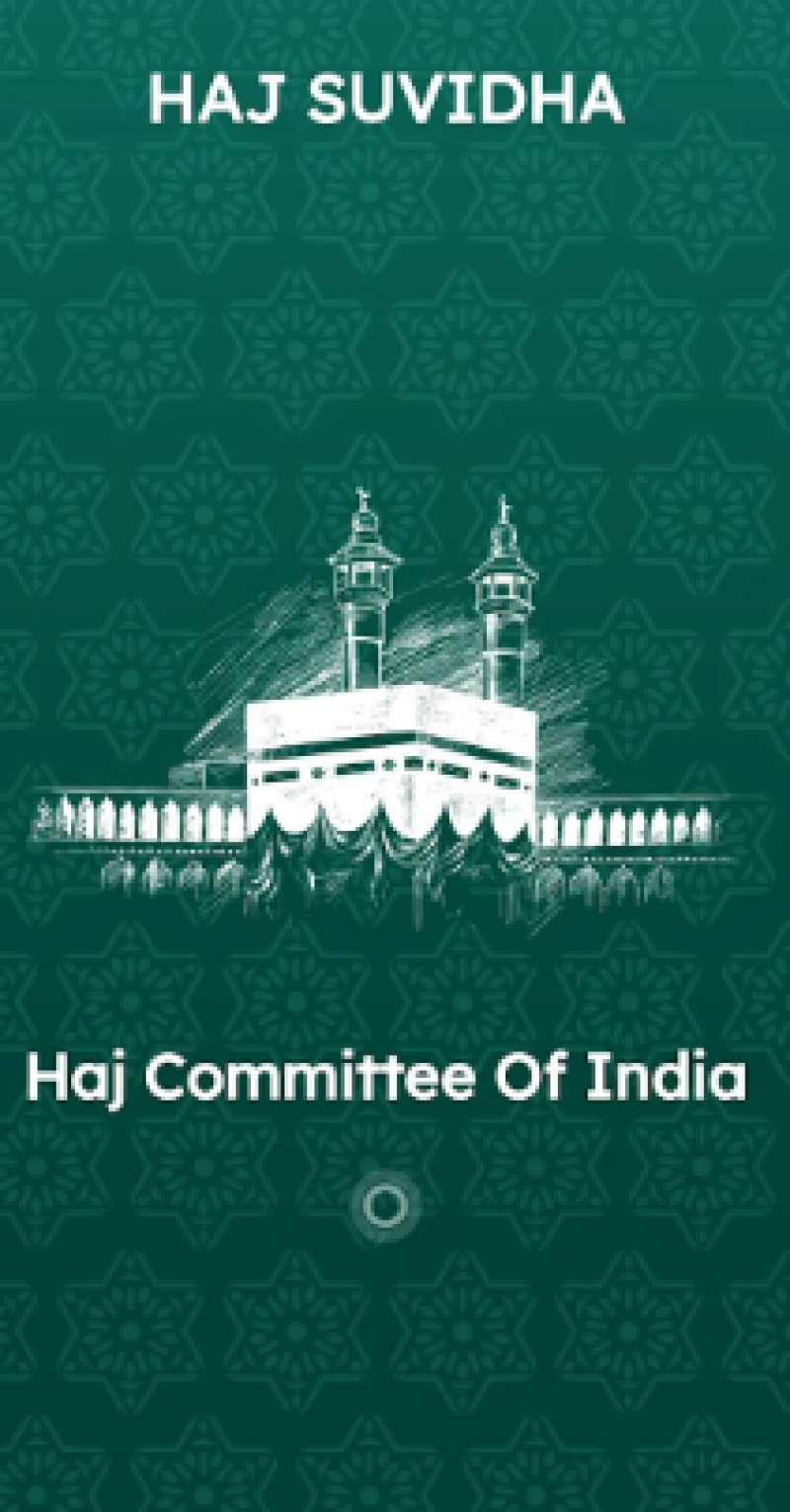The 'Haj Suvidha App' was launched to leverage information technology for enhancing the pilgrimage experience. Pilgrims can use the app to access training content, accommodation and flight details, baggage information, an emergency helpline (SOS), grievance redressal, feedback, language translation, and miscellaneous information related to the pilgrimage. The app also provides an administrative interface for government officials deployed for managing the Haj operations in Saudi Arabia by assisting in real-time monitoring and emergency response, and ensures better coordination and accountability. More than 78,000 out of a total 1,75,025 pilgrims from India registered on the app during Haj-2024 and over 8,500 grievances and more than 2,100 SOS calls were handled during through the app. Further, missing baggage cases reduced drastically during Haj-2024 as a result of QR code mechanism of baggage identification being introduced through the app.
A total of 4558 female pilgrims undertook the pilgrimage without a Mehram (male companion) in 2024 which is an all time high since the introduction of the Ladies without Mehram category in Haj-2018.
Government of India is committed to the welfare and wellbeing of the India pilgrims and establishes several temporary healthcare facilities in Saudi Arabia during the Haj period so as to ensure good quality healthcare services to the Indian pilgrims including elderly.
The necessary support with respect to treatment of Haj pilgrims was provided by the Government of India in Saudi Arabia through the Indian Haj Mission administered by the Government of India, and in accordance with Saudi law for tertiary care.
Special emphasis was placed on the health and well-being of elderly pilgrims, identified as a high-risk group. Medical teams comprising doctors and paramedics conducted daily visits to the buildings accommodating pilgrims, ensuring routine health monitoring, consultations, and immediate response to any emerging medical concerns. To cater to the healthcare needs of all pilgrims, especially the elderly, four medical centers in Makkah and one in Madinah, along with 17 dispensaries, were operational 24/7. Free consultations, medications, and treatment were provided to all Indian pilgrims, always ensuring access to healthcare.
A fleet of 24 ambulances was deployed strategically across Makkah, Madinah, and other key locations to ensure swift response during emergencies, especially for the elderly who are more vulnerable to extreme weather. Dedicated contact numbers were established to facilitate ambulance services and handle queries, suggestions, and complaints related to medical services. Medical staff and ambulances were stationed in areas with potentially large gatherings, to ensure immediate assistance to elderly pilgrims. Critically ill elderly pilgrims requiring advanced treatment were transferred to hospitals of the Ministry of Health, Saudi Arabia. Indian translators were deployed at Saudi hospitals to ensure effective communication, guidance, and support for patients. To mitigate the effects of extreme heat, a hydration program ensured that elderly pilgrims had access to ORS (Oral Rehydration Solution) and regular hydration checks. Awareness campaigns educated pilgrims, particularly the elderly, about precautions to combat heat stress, such as staying hydrated, avoiding peak sun hours, wearing loose clothing, and using umbrellas. Furthermore, special arrangements were made for elderly pilgrims admitted to hospitals to ensure their participation in essential rituals.
This information was provided by the the Minister of Minority Affairs ,Shri Kiren Rijiju in a written reply to Rajya Sabha yesterday.


.jpg)